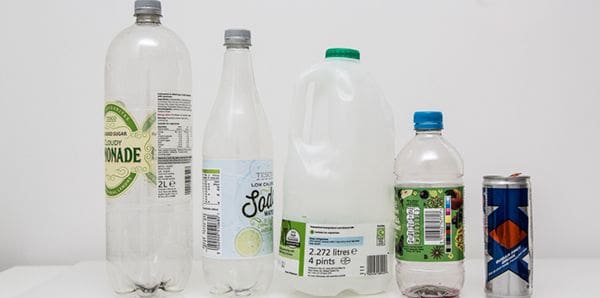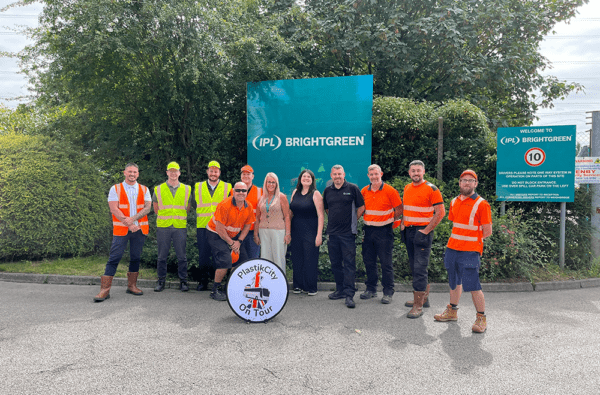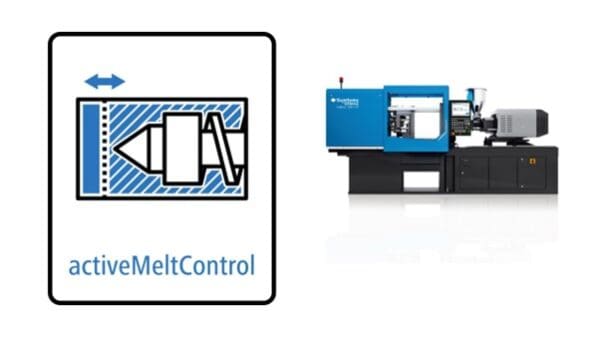
Bunting Magnetics: New UK Drinks Container Recycling Strategy Creates ‘Bottleneck’
The UK Government’s announcement that people in England will soon have to pay a deposit when they buy drinks bottles and metal cans [28th March 2018] in an attempt to curb waste is expected to create a ‘bottleneck’ in the recycling chain.
Scotland has previously announced plans for a deposit return scheme and Wales has launched a study to consider it.
Other countries, including Sweden and Germany, already operate schemes where people pay a deposit when purchasing some drinking containers.
Bunting Magnetics commented:
“This latest announcement may be considered as a knee-jerk reaction to the global dismay about plastic waste following the airing of the Blue Planet II series.”
“Environment Secretary Michael Gove said there was no doubt that plastic was “wreaking havoc” on the marine environment and discarded plastic bottles and cans “end up dumped on pavements and lobbed into rivers, lakes and the sea”.
“Although most people agree with the sentiment of the new policy, there are serious concerns about the UK’s ability to handle the increase in the amount of plastic waste. The UK Government has not outlined how the recovered plastics will be recycled and how it will work financially.
“Already, since China banned plastic waste imports [January 2018] there have been concerns about how the UK will manage plastic waste, especially as 2.7 million tonnes was shipped to China since 2012. This new policy will potentially reduce the amount of plastic going to landfill, but also add to the amount of plastic waste that was previously shipped to China. That equates to a lot of plastic waste.
Are There Enough Plastic Recycling Plants?
“An increase in recovered plastic waste means that there needs to be a significant growth in the number of specialist recycling plants. However, profitably operating a plastics recycling plant has proven to be difficult, with many plants being commissioned and then closed or sold within a very short space of time.
Metal Separation Module in a Plastics Recycling Plant in Kent
“There has been an established network for the collection and successful recycling of steel and aluminium beverage cans for decades. Part of the reason for the success is that both materials are easily recyclable, using a combination of Magnetic Separators and Eddy Current Separators, and converted into new steel and aluminium. Presently, the same cannot be said for plastic.
“The UK Government may decide to commit all the collected deposits to expanding and funding a network of specialist recycling plants, although where this money will go is presently unclear. It will be interesting to hear if there are plans to invest in the development of technology to enable successfully and financially viable mixed plastic recycling. Also, will product designers now be forced to consider the recyclability of a product rather than the aesthetic appearance?
“Certainly, a holistic plan is needed before this new initiative is put in place.”
For further information on separating metal from plastics during the production of the virgin product or during the recycling process, please contact the Bunting team on:
Bunting Magnetics Europe
+44 (0) 1442 875081
Website
Email






